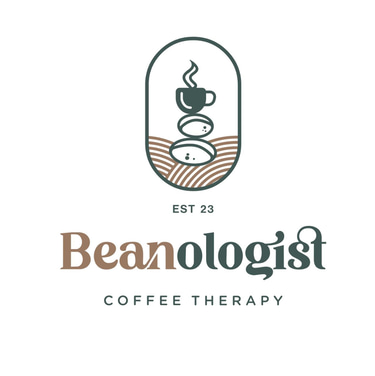When is the Right Age to Start Drinking Coffee?
Health experts generally advise against giving coffee to young children. The American Academy of Pediatrics (AAP) recommends that children under 12 avoid caffeine altogether.
2/23/20252 min read


Children (Under 12 Years) – Not Recommended
Health experts generally advise against giving coffee to young children. The American Academy of Pediatrics (AAP) recommends that children under 12 avoid caffeine altogether. Since coffee is a stimulant, it can interfere with sleep patterns, cause hyperactivity, and increase anxiety in children. Additionally, their developing bodies are more sensitive to caffeine, which may lead to digestive issues, heart palpitations, and difficulty concentrating.
Teenagers (13–17 Years) – Limited Consumption
Teenagers are often drawn to coffee due to its popularity and social appeal. However, caffeine can affect their still-developing brains. High caffeine intake has been linked to increased heart rate, disrupted sleep, and even heightened anxiety. The AAP suggests that teenagers consume no more than 100 mg of caffeine per day—roughly equivalent to an 8-ounce cup of coffee.
Many teens turn to energy drinks or flavored coffee beverages, which often contain high amounts of sugar and artificial additives. If teenagers choose to drink coffee, it’s best to opt for plain coffee with minimal added sugar or milk to avoid unnecessary calories.
Young Adults (18–25 Years) – Moderation is Key
By the time individuals reach adulthood, their bodies can process caffeine more efficiently. However, moderation is still essential. Drinking too much coffee can lead to dependence, withdrawal symptoms, and digestive discomfort. The FDA recommends that healthy adults consume no more than 400 mg of caffeine daily (about four cups of coffee).
For college students and young professionals, coffee can be a great productivity booster. Still, it’s crucial to balance caffeine intake with good sleep habits, hydration, and a healthy diet.
Adults (25 and Older) – Enjoy Responsibly
By this stage, most adults know their own caffeine tolerance. Some people can drink multiple cups a day with no issues, while others may feel jittery after just one cup. The key is to listen to your body and adjust consumption accordingly.
Coffee offers several health benefits, including improved focus, a lower risk of certain diseases (such as Parkinson’s and Alzheimer’s), and antioxidant properties. However, excessive caffeine intake can contribute to insomnia, high blood pressure, and digestive issues.
Key Takeaways
Children under 12 should avoid coffee due to its potential health risks.
Teenagers (13–17) can consume small amounts but should be mindful of sugar and caffeine intake.
Young adults (18–25) can enjoy coffee in moderation while maintaining healthy lifestyle habits.
Adults (25 and older) can drink coffee based on personal tolerance, but moderation is always best.
Ultimately, the decision of when to start drinking coffee should be guided by health considerations, lifestyle, and personal preferences. If in doubt, it’s always a good idea to consult a healthcare professional before making coffee a daily habit—especially for younger individuals.

